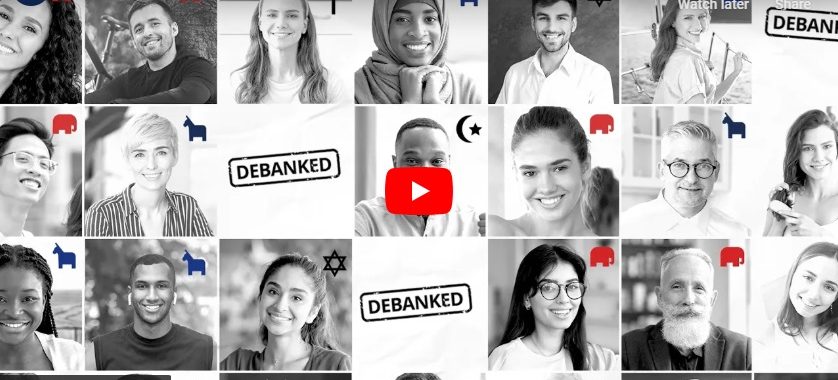Family Council Joins Amicus Brief Before U.S. Supreme Court

In November, Family Council joined 52 other individuals and organizations in an amicus brief urging the U.S. Supreme Court to protect basic First Amendment freedoms.
The case is NRA v. Vullo from New York.
Advancing American Freedom (AAF) led the amicus brief filed on November 19 asking the Supreme Court to hear the case.
In a statement, AAF said:
In this case, the New York government pressured insurance companies to drop coverage of insurance plans they offered through the National Rifle Association (NRA), offering prosecutorial lenience if they did so. Last year, the Supreme Court unanimously ruled that Maria Vullo, the Superintendent of New York’s Department of Financial Services, had violated the NRA’s First Amendment rights.
However, on remand, the Second Circuit held that Maria Vullo was entitled to qualified immunity and thus was immune from civil liability. The NRA is asking the Supreme Court to hear its case once again and vindicate the organization’s First Amendment Rights.
The amicus brief argues Superintendent Vullo should be held accountable for violating the NRA’s constitutional freedoms by weaponizing private companies against the NRA.
Unfortunately, in recent years, news outlets and congressional testimony have alleged that government policies and departments have been weaponized against law-abiding citizens — especially conservative organizations and Christians.
Last year, the U.S. House of Representatives Judiciary Committee and the Select Subcommittee on the Weaponization of the Federal Government released a report showing that after the events of January 6, 2021, federal officials gave banks and financial institutions an analysis that listed legitimate, conservative groups such as Alliance Defending Freedom, the American College of Pediatricians, American Family Association, Eagle Forum, Family Research Council, Liberty Counsel, National Organization for Marriage, and the Ruth Institute as “Hate Groups” alongside the KKK and the American Nazi Party.
Americans should be free to exercise their First Amendment freedoms without fear of being canceled by government officials.
You can read the amicus brief here.
Articles appearing on this website are written with the aid of Family Council’s researchers and writers.




